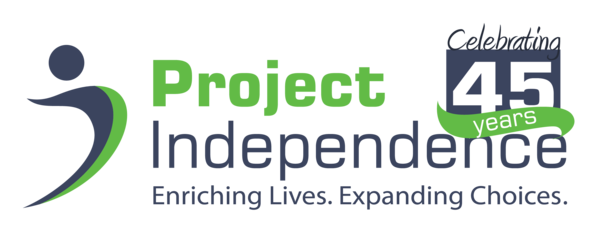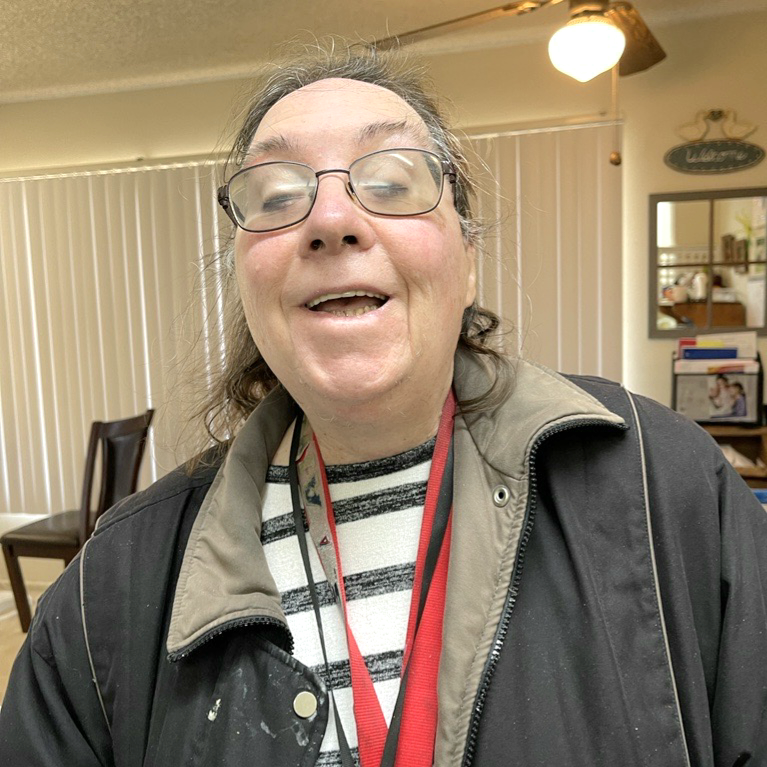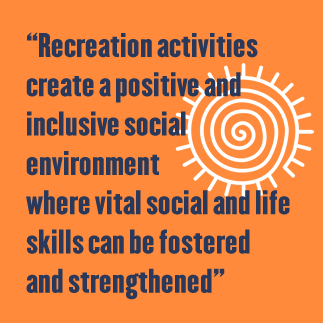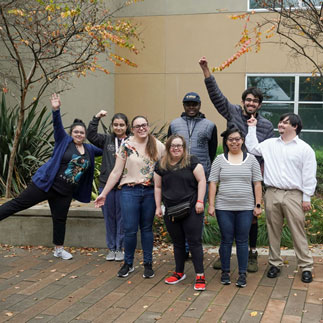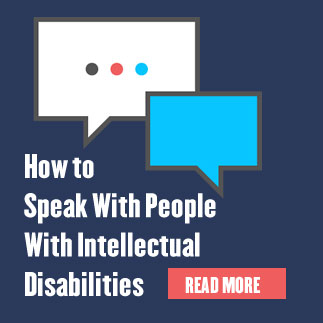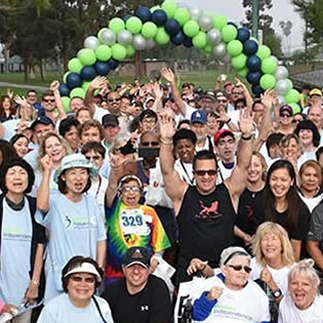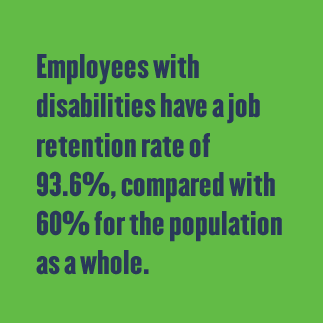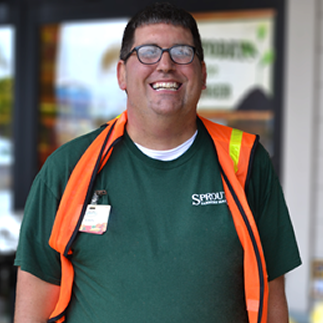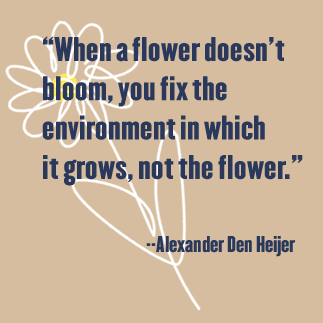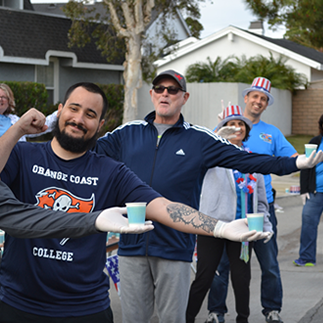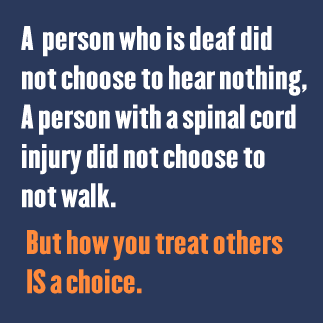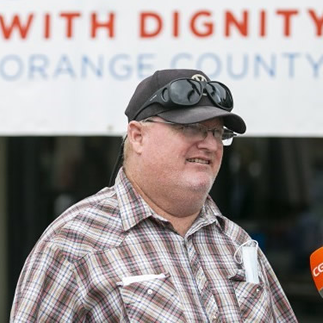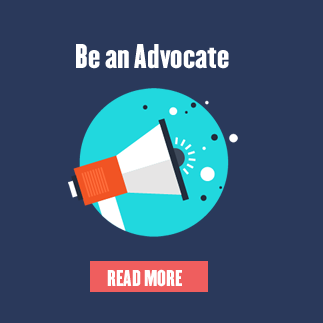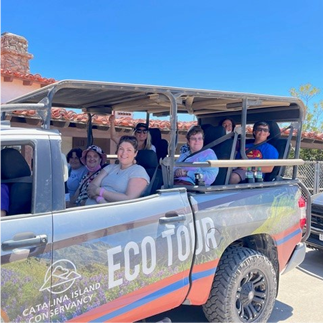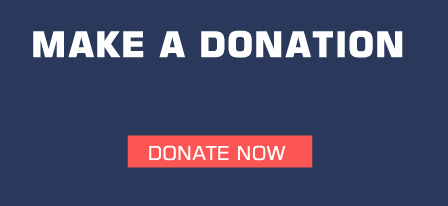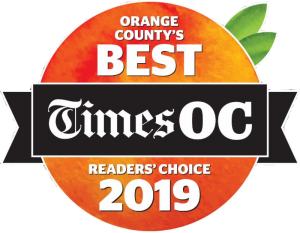Independence
Give Them Independence
It wasn’t that long ago that people with developmental disabilities were institutionalized – living in horrible conditions with no freedom and no choice. Project Independence was founded over 45 years ago specifically to help get people out of institutions to live independently.
An Aging Population
Unique Challenges
The aging population of individuals with developmental disabilities presents a multifaceted set of challenges and opportunities. As life expectancy increases, there is a growing number of older adults with developmental disabilities, leading to increased demand for specialized services and supports tailored to their unique needs. This demographic shift underscores the importance of addressing issues such as healthcare access, social inclusion, housing, and caregiving. While these challenges are significant, they also offer an opportunity to enhance community integration and develop innovative approaches to support the dignity and independence of older adults with developmental disabilities.
About Developmental Disabilities
What is a Developmental Disability?
The term “developmental disabilities” is a broader category of often lifelong challenges that can be intellectual, physical, or both. Developmental disabilities can include intellectual disabilities, cerebral palsy, down syndrome, autism, learning disabilities, ADHD, and more. “IDD” (Intellectual or Developmental Disability) is the term often used to describe situations in which intellectual disability and other disabilities are present.
What Is an Intellectual Disability?
Intellectual disability (or ID) is a term used when a person has a developmental disability that impacts their intellectual processes, or their ability to learn and acquire the skills they need for independent living and social function.
Just Like You
We prefer to focus on abilities not disabilities, and dreams not limitations, because when it comes down to it, people with disabilities are just like you.
Just Like You
We prefer to focus on abilities not disabilities, and dreams not limitations, because when it comes down to it, people with disabilities are just like you.
